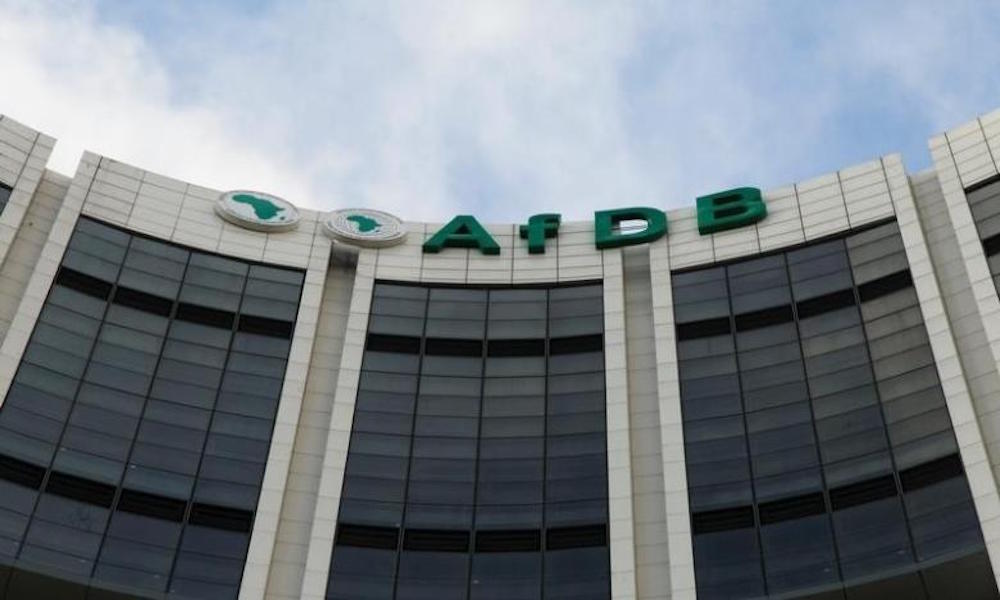General
AfDB pledges $3bn investment in Africa’s pharmaceutical industry
Published
5 years agoon

AfDB pledges $3bn investment in Africa’s pharmaceutical industry
Read Also:
The African Development Bank (AfDB) says over the next ten years, it will invest $3 billion to build Africa’s pharmaceutical industry.
Akinwumi Adesina, AfDB president, disclosed this on Tuesday at a virtual Finance in Common Spring Meeting convened in collaboration with the Association of African Development Finance Institutions (AADFI) and the International Development Finance Club (IDFC).
He said the bank will also support the Africa Centres for Disease Control and Prevention (Africa CDC) with $28 million to strengthen its capacity to tackle the issue of vaccines.
“The bank plans to launch a major effort to build Africa’s pharmaceutical industry to which we plan to invest $3 billion in the next ten years,” he said.
“The bank is also currently working with partners on how to best support the financing of manufacturing of vaccines on the continent.”
The AfDB president further projected a gradual recovery of African economies from the COVID-19 pandemic, with an expected gross domestic product (GDP) growth of 3.4 percent in 2021.
“That recovery is expected to be across the board for oil-exporting countries, tourism-dependent economies, commodity-dependent economies and for non-resource dependent economies,” he said.
“But all these depend on access to vaccines and tackling the issue of Africa’s debt.”
He noted that tackling the issue of Africa’s debt must be of top priority, which he described as critical for the overall financial market stability in the short and medium term.
“Without a resolution of Africa’s $700 billion external debt, Africa’s economic recovery will be like running up a steep hill with a backpack full of sand,” he warned.
Adesina said the issuance of special drawing rights (SDR) by the International Monetary Fund (IMF), if well used, would support the recovery process in Africa and address the debt challenge.
He urged that part of the SDR be used to support public development banks with additional resources to support countries to build back better, greener and with climate and environmental resilience, while creating job opportunities for the youth.
Adesina also said that a share of the SDR should be used to pay down some of Africa’s huge private commercial debt, while bringing them into the G20 common framework for debt restructuring.
“It is clear that if this is not done, when the debt payments become due from 2023/2024 with bunching of payments, many countries will not be able to meet their obligations, which could trigger massive and widespread credit downgrades across Africa,” he added.
Share this:
- Click to share on X (Opens in new window) X
- Click to share on Facebook (Opens in new window) Facebook
- Click to share on WhatsApp (Opens in new window) WhatsApp
- Click to share on Pocket (Opens in new window) Pocket
- Click to share on Telegram (Opens in new window) Telegram
- Click to email a link to a friend (Opens in new window) Email
- Click to share on LinkedIn (Opens in new window) LinkedIn
You may like


AfDB Approves $3.9m for Nigeria, others to Connect 300m Africans to Electricity


AfDB, Invest in Africa Sign $850,000 Deal to Create Green Jobs in Ghana and Senegal


Africa Looks Inwards for Financial Sovereignty amid Falling FDI and Grants


Nigeria Launches $510m SAPZ Agricultural Revolution Backed by AfDB


AfDB Basks in Global Recognitions for Transforming Africa with $318bn Capital Base


AfDB, US Sign $700,000 Credit Rating Deal to Boost Africa’s Capital Flow












